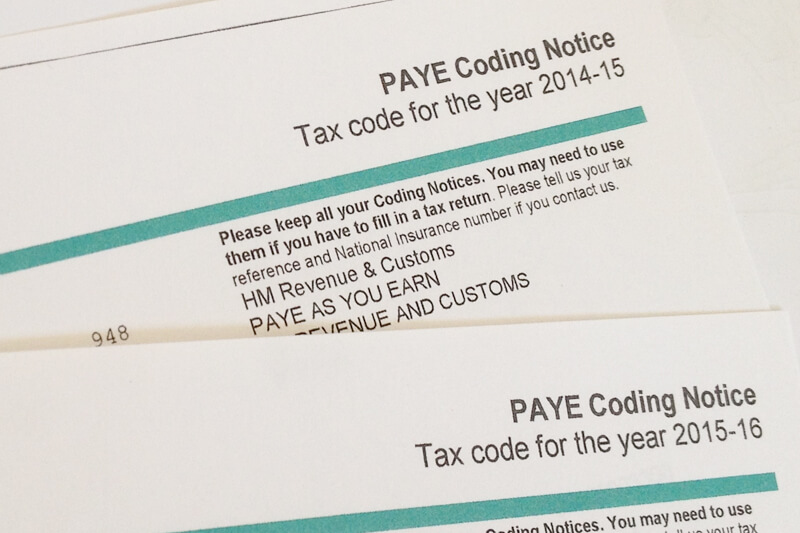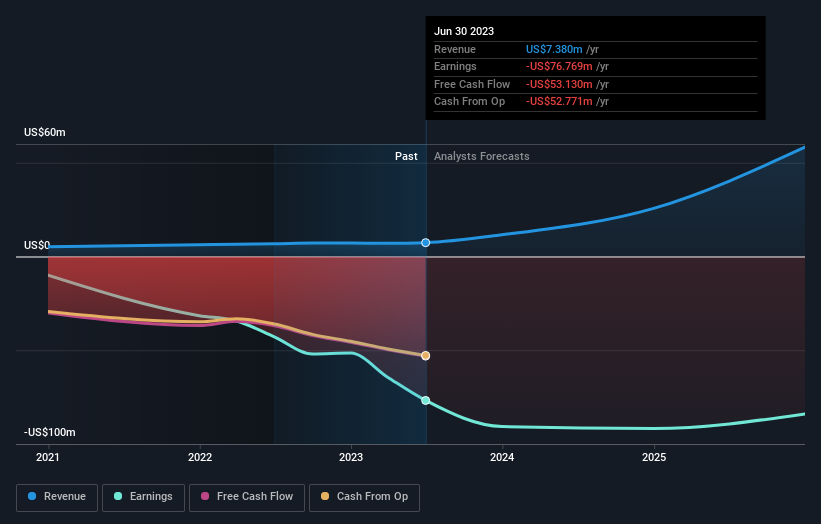New Texas Bill Could Severely Limit Teen Social Media Access

Table of Contents
Key Provisions of the Proposed Texas Teen Social Media Bill
The proposed Texas teen social media bill aims to tighten regulations surrounding minors' access to social media platforms. Its core restrictions revolve around age limits, parental consent, and data collection.
-
Specific age restrictions for social media access: The bill proposes raising the minimum age for accessing most social media platforms to 18, significantly restricting current practices where platforms allow users as young as 13. This means teenagers under 18 would be effectively blocked from creating accounts on platforms like TikTok, Instagram, Facebook, and Snapchat.
-
Requirements for parental consent and verification: Parents would need to actively consent to their child's social media use, potentially through verified accounts and ongoing monitoring systems. This requirement aims to add a layer of parental control and oversight to teen online activity.
-
Limitations on data collection and use for minors: The bill seeks to restrict the types of data social media companies can collect from minors, and how that data can be used. This addresses concerns surrounding targeted advertising, data breaches, and the potential exploitation of personal information. This aspect of the Texas online safety bill focuses heavily on teen data privacy.
-
Penalties for non-compliance by social media platforms: The bill outlines significant penalties for social media platforms that fail to comply with its provisions, potentially including hefty fines and legal repercussions. This aims to incentivize platform adherence to the new parental control legislation.
-
Mechanisms for parental monitoring and control: The bill may include provisions for parental monitoring tools and control features, allowing parents to track their children's online activity and limit their access to certain content or features.
The bill's language, however, contains potential ambiguities. For example, the definition of "social media platform" may be open to interpretation, potentially leading to loopholes and difficulties in enforcement.
Potential Impacts on Teenagers and Their Development
The potential consequences of restricted social media access for teenagers are multifaceted and complex.
-
Reduced exposure to cyberbullying and online predators: Limiting access could theoretically reduce exposure to cyberbullying, online harassment, and predatory behavior.
-
Potential limitations on social interaction and development: Restricting social media could hinder teenagers' ability to connect with peers, build relationships, and develop essential social skills. This is particularly relevant given the integral role social media plays in adolescent online social interaction.
-
Impact on access to educational resources and online communities: Many teens rely on social media for access to educational resources, online communities centered around shared interests, and support networks. Restricting access could severely limit these opportunities.
-
Increased reliance on offline social interactions: The bill may inadvertently force teenagers to prioritize offline social interactions, potentially fostering stronger in-person relationships. However, this might prove challenging for teens with social anxieties or limited opportunities for offline socializing.
-
Potential for increased feelings of isolation and exclusion: Restricting access could lead to feelings of isolation and exclusion, particularly for teenagers who heavily rely on social media for connection and support. This highlights the potential impact on adolescent mental health. Research into the effects of social media on teen development is crucial in fully understanding the consequences.
Arguments For and Against the Texas Teen Social Media Bill
The debate surrounding the Texas teen social media bill is fiercely divided.
Bullet Points (Pro-Bill):
-
Increased protection of children from online harms: Supporters argue the bill is necessary to protect children from the various risks associated with social media, including cyberbullying, online predators, and exposure to harmful content.
-
Stronger parental control over children's online activities: Proponents emphasize the importance of parental rights and the need for parents to have greater control over their children's online experiences.
-
Enhanced data privacy for minors: The bill's focus on limiting data collection is seen as a crucial step towards protecting the privacy of minors online.
Bullet Points (Against the Bill):
-
Potential infringement on teens' rights to freedom of expression: Critics argue the bill could infringe on teenagers' rights to freedom of expression and access to information.
-
Difficulties in enforcing the legislation: Concerns exist about the practical challenges of effectively enforcing such legislation, particularly given the global nature of social media platforms.
-
Potential for creating a digital divide among teenagers: The bill might disproportionately affect teenagers from low-income families who may have limited access to alternative communication methods.
The debate centers around balancing parental rights and teen privacy rights, raising questions about the appropriate level of government intervention in the digital sphere and the crucial topic of online safety debate.
The Role of Social Media Companies
Social media companies face significant challenges in complying with the proposed legislation. This includes updating their systems to verify ages and parental consent, limiting data collection for minors, and navigating the complexities of data protection laws. Non-compliance could result in substantial social media regulation fines and legal battles. The financial implications for these companies are substantial.
The Future of the Texas Teen Social Media Bill
The bill's current status is undergoing legislative review and debate. Its likelihood of becoming law remains uncertain, dependent on the outcome of further discussions and potential amendments. The bill's fate will set a significant precedent, influencing social media policy and state-level regulation in other states. The legislation process will be closely followed by those invested in teen digital wellbeing.
Conclusion
The proposed Texas teen social media bill presents a complex issue with significant ramifications for teenagers, parents, and social media companies alike. Balancing the need for online safety with the importance of adolescent development requires careful consideration of all perspectives. While the bill aims to protect teens from online harms, potential drawbacks must also be addressed. Stay informed about the progress of the Texas teen social media bill and engage in the conversation surrounding its potential impact on the future of online interactions for young people. Understanding this legislation is crucial for anyone interested in Texas online safety and teen digital wellbeing.

Featured Posts
-
 Eurovision 2025 Finalist Ranking From Captivating To Catastrophic
May 20, 2025
Eurovision 2025 Finalist Ranking From Captivating To Catastrophic
May 20, 2025 -
 F1 Miami Gp Tea Break Incident Sparks Hamilton Ferrari Feud
May 20, 2025
F1 Miami Gp Tea Break Incident Sparks Hamilton Ferrari Feud
May 20, 2025 -
 Hmrc Tax Code Changes Implications For Savings And Income
May 20, 2025
Hmrc Tax Code Changes Implications For Savings And Income
May 20, 2025 -
 Understanding The D Wave Quantum Qbts Stock Decrease On Thursday
May 20, 2025
Understanding The D Wave Quantum Qbts Stock Decrease On Thursday
May 20, 2025 -
 Lorraine Kelly Reacts To David Walliams Controversial Comment
May 20, 2025
Lorraine Kelly Reacts To David Walliams Controversial Comment
May 20, 2025
Latest Posts
-
 Etude De Cas La Diversification A Moncoutant Sur Sevre Pres De Clisson
May 21, 2025
Etude De Cas La Diversification A Moncoutant Sur Sevre Pres De Clisson
May 21, 2025 -
 Switzerland And China Working Towards A Tariff Dialogue Solution
May 21, 2025
Switzerland And China Working Towards A Tariff Dialogue Solution
May 21, 2025 -
 Clisson Retour Sur Le Festival Le Bouillon Et Ses Spectacles
May 21, 2025
Clisson Retour Sur Le Festival Le Bouillon Et Ses Spectacles
May 21, 2025 -
 Le Developpement Economique De Moncoutant Sur Sevre Et Ses Environs Clisson
May 21, 2025
Le Developpement Economique De Moncoutant Sur Sevre Et Ses Environs Clisson
May 21, 2025 -
 Call For Tariff Dialogue Between Switzerland And China
May 21, 2025
Call For Tariff Dialogue Between Switzerland And China
May 21, 2025
